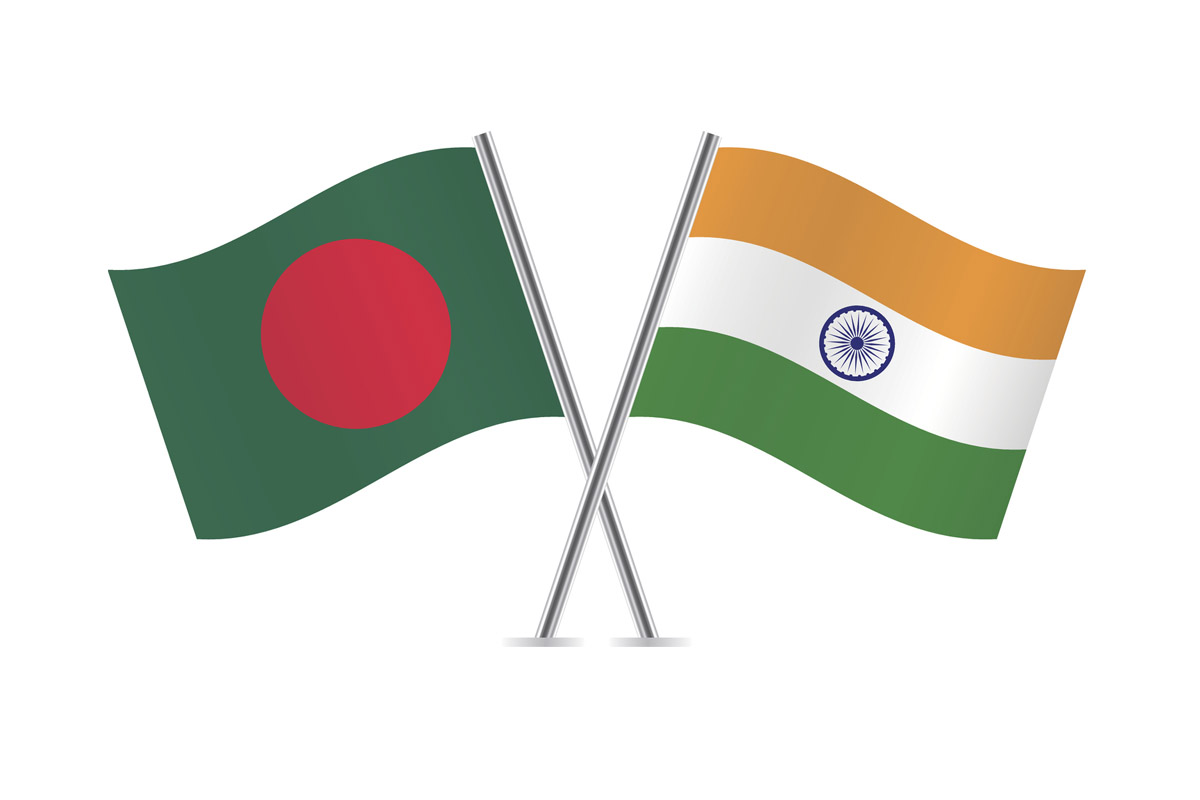Bangladesh has proposed a meeting with Indian Prime Minister Narendra Modi during the UN General Assembly Summit to discuss bilateral issues and ease tensions between the two nations. Dr. Muhammad Yunus, Chief Adviser of Bangladesh’s Interim Government, put forward the suggestion on Friday, September 5. However, the Indian side has yet to confirm the meeting.
According to a report published by the Indian daily The Hindu, it is unlikely that Modi will meet Yunus. The report claims that India is displeased with some remarks Yunus made during an interview with the Indian state news agency PTI. In the interview, Yunus made a logical demand, stating that Sheikh Hasina, the ousted autocrat of Bangladesh who is currently residing in India, should refrain from speaking against Bangladesh or interfering in its internal politics. Yunus further added that until Bangladesh formally requests India’s assistance in returning Hasina to face justice in Bangladesh, she should remain silent on the country’s affairs.
Yunus emphasized that Bangladesh and India have unresolved bilateral issues that have persisted for the past 75 years, dating back to the partition of India in 1947. Despite multiple attempts and requests from successive Bangladeshi governments, many of these issues remain unresolved. He pointed out that India has often ignored Bangladesh’s demands, even though the previous government, led by Sheikh Hasina, had granted India significant privileges, such as transit access through Bangladesh.
One of the most pressing issues Yunus highlighted is the longstanding dispute over the sharing of Teesta River water. Despite repeated promises from India, no agreement has been reached on the Teesta water-sharing treaty. Yunus stated in the interview that Bangladesh, as a downstream country, has the right to know its fair share of water and urged India to honor its commitments by signing the treaty.
In addition, Yunus called on India to change its attitude towards Bangladesh’s political landscape. He criticized India’s tendency to view any government other than the Awami League in Bangladesh as an “Islamic government.” He stressed that such a mindset is detrimental to the relationship between the two countries and urged India to adopt a more balanced and constructive approach to its relations with Bangladesh.
